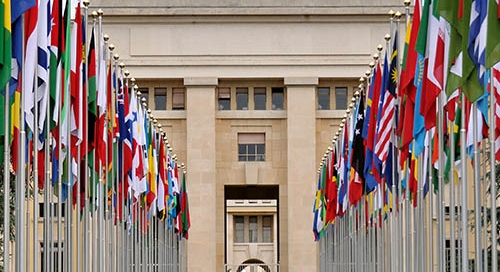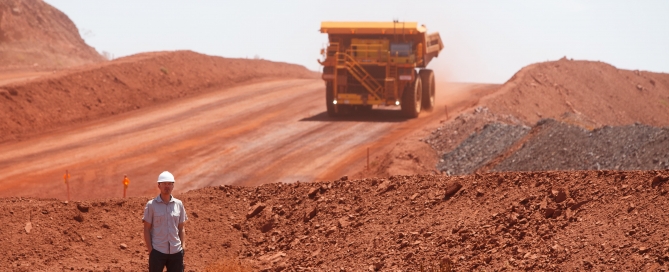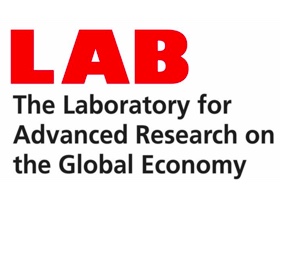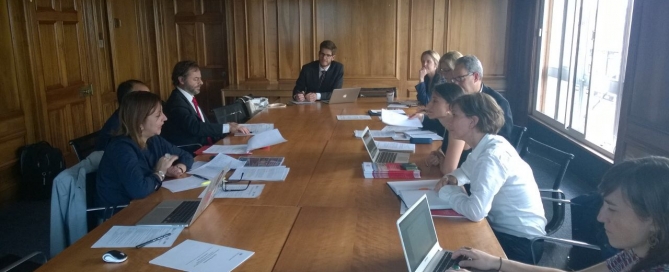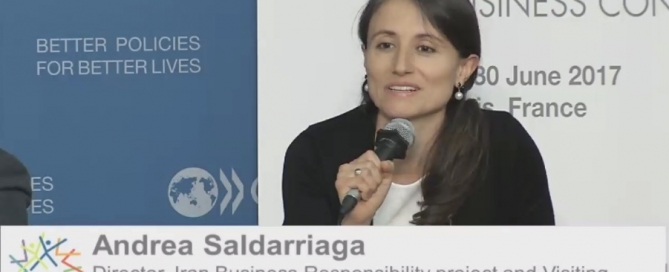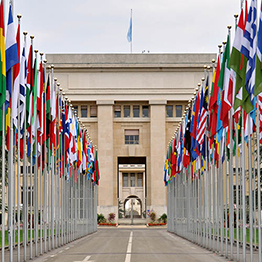LAB Fellows to speak at UN Annual Forum on Business and Human Rights
From 25-27 November 2019 the UN will host its Annual Forum on Business and Human Rights. LSE LAB Visiting Fellows Andrea Shemberg and Andrea Saldarriaga, along with the UN Working Group on Business and Human Rights, the Southern and Eastern Africa Trade Information and Negotiations Institute (SEATINI) and the Columbia Center on Sustainable Investment (CCSI) are organising a panel discussion at the Forum on implementing the Guiding Principles on Business and Human Rights in investment policy.
The session, which will be held from 9:00 – 10:30 am on 26 November at the UN Palais in Geneva, has several aims. First, the session will help those attending the Forum to understand the full spectrum of expectations described in the UNGPs regarding States and investment policy making at the regional, national and international levels.
The Fellows will offer their views based on the Guide published by the Investment & Human Rights Project at the LAB on that topic. Second, the panel will offer a review of what some States have been doing in practical terms to achieve such implementation. And finally, the panel discussion will also look towards the future by discussing cutting-edge ideas about how States might harness international investment agreement reform to strengthen access to remedy and corporate accountability for investment-related human rights abuses.
Surya Deva of the UN Working Group on Business and Human Rights will moderate the panel, and Elisabeth Tuerk from the UN Conference on Trade and Development will join panelists from the LSE LAB, CCSI and SEATINI.
The UN Forum is free and open to the public. Registration is required.
LSE LAB Fellows Shemberg and Saldarriaga have designed and participated in panel discussions at every UN Annual Forum on Business and Human Rights since they began […]


